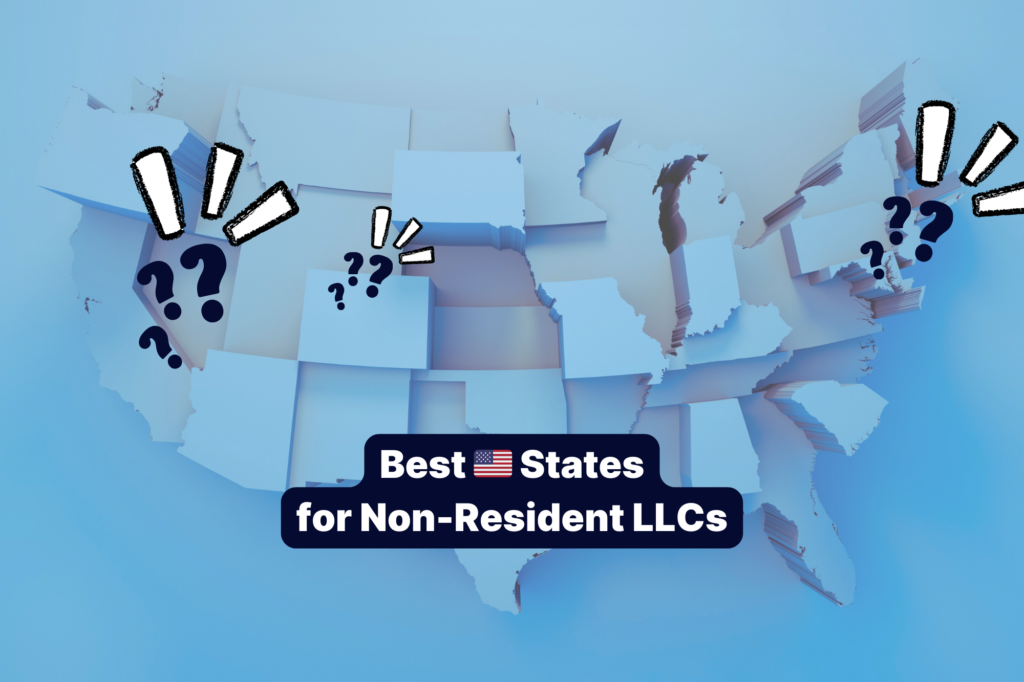The advantages of starting a business in Wyoming create a friendly climate for entrepreneurs and new business owners who are willing to form an LLC or C-Corporations. Whether you are trying to choose the most suitable entity type for your business or you have already decided to form a C-Corp, let’s explore some general characteristics of a Wyoming C-Corp.
Forming a Wyoming C-Corp: Initial Steps
Filing Process
A C-Corp is formed by filing a document referred to as Certificate of Incorporation, also known as Articles of Incorporation. After you choose a name for your C-Corp, Clemta can assist you with the filing process, ensuring that all necessary documentation is completed accurately and efficiently.
Unique Features of Ownership
Non-US citizens can establish a C-Corp, with no restrictions on ownership. Even if you have never been to the US, residing outside does not prevent you from owning a company as a C-Corp in the state of Wyoming. Additionally, C Corporation ownership is transferable by selling shares of the corporation’s stock.
Exploring Shareholders and Stock Options
Unlimited Shareholders
C-Corps in Wyoming allow for an unlimited number of shareholders, providing flexibility and scalability for your business. Additionally, these corporations offer the highest degree of personal liability protection for shareholders, safeguarding their interests.
Diverse Stock Classes
C Corporations may issue more than one class of stock, catering to varied investor interests. Having multiple classes enhances the corporation’s ability to raise funds and attract investments from different segments.
Administration and Operation Requirements
Compliance with State Regulations
C Corporations must adhere to state requirements regarding organization and operation. Clemta can guide you through this crucial post-incorporation process, which is an integral part of forming a successful company in the US.
Fiscal Considerations and Capital Strategies
Flexible Fiscal Year
C-Corps have the freedom to choose when their fiscal year ends, offering flexibility in financial planning and tax reporting. This adaptability can align financial strategies with business goals.
Capital Accumulation Advantages
C-Corps find it easier to obtain equity financing compared to other business entities, thanks to typically lower corporate tax rates. This structure provides more options for raising capital and attracting investors, supporting business expansion.
Understanding Tax Implications for Wyoming C-Corps
Reduced Corporate Tax Rate
The corporate tax rate for a C-Corp in Wyoming is often lower than the maximum personal tax rate, creating a favorable tax environment. A C-Corp reports and pays federal income tax on its profits, while losses aren’t passed through to its members, preventing increased liabilities.
Conclusion: Why Wyoming and Why a C-Corp?
Wyoming’s business-friendly policies and tax advantages make it an attractive location for establishing a C-Corp. If you’re considering forming a C-Corp, Clemta offers comprehensive support to guide you through each step, ensuring a seamless incorporation process.







